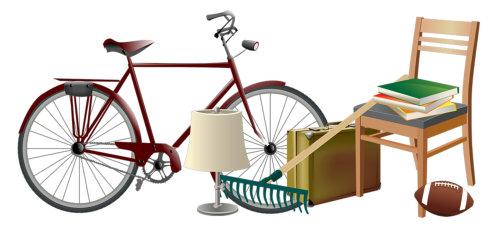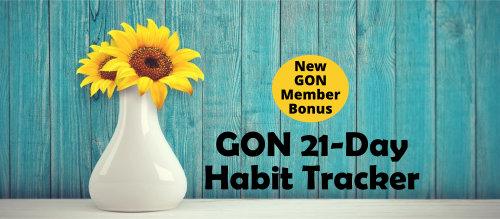Jane arrived home from work and saw a pile of dishes in the sink. She was annoyed because her husband Ron was home. She knew because his car was sitting in the
driveway. She thought to herself, "Why didn't he add those dishes to the dishwasher. I do everything around here." So, she proceeded to add the dishes to the dishwasher herself.
A few minutes later, Jane's husband came upstairs from the basement with his toolbox. He said to Jane, "the dishwasher is
not working, so I'm going to see if I can fix it."
Jane said, "Oh, I just loaded the dishwasher." Ron laughed and said, "Too funny. I loaded it when I came home from work, and then unloaded it when I realized it wasn't working."
Jane immediately regretted her original and incorrect thinking.
Her husband did exactly what she thought he didn't. He did indeed load the dishwasher and had every intention of running it. She felt bad for jumping to the conclusion that he was just being neglectful rather than thinking that, perhaps, he may have had a good reason for not getting the task done.
When it comes to organizing, and life for that matter, shifting your paradigm can make all the difference in the world. Here are three examples:
1. Feeling sad that decluttering means giving up all of your stuff. On the contrary, effective decluttering
means to give away ONLY the stuff you own that is not serving you (serving an important function or serving you well on an emotional level.)
2. Feeling guilty about getting rid of something that you're not using, but that you spent "good money on." If you're not using it, it's not
serving you. What it IS doing is taking up space. So, rather than thinking of decluttering, change your paradigm to "I'm creating space for...(whatever is important to you), like a new craft space, a new fitness space, etc.
3. Not wanting to part with something that you really don't like
and are just keeping because someone gave it to you as a gift. Change your paradigm. When the person gifted you, he or she didn't do so with "strings attached." They just wanted to do something nice for you.
Return the gift to the store if you could (do this right away...it's the best option) and get something that you will like/use. If you can no longer return it, donate that item so someone else can use and enjoy it. If you can't return it, donate it for someone else to enjoy. It's not the gift, but the thought that counts.
Here are a few more ways you can shift your paradigm:
Rather than thinking, "I can't afford that," shift that paradigm. "How
can I earn the money I need to afford that?"
Rather than thinking, "I have no energy in my life to exercise," shift that paradigm. "What are the steps I can take to be more energetic so I can start exercising and feel better?"
Rather than thinking, "I wish I was an organized as Sally," shift that paradigm. "Sally is so organized. I'm going to talk to her and get some tips as to how she does it so well...and then start implementing her ideas."
Paradigms guide is in everything we do in life. Whatever we think is what guides us in the actions we take.
Recognizing that
we can shift our paradigms from time to time can help open up new worlds for us.
New ways of seeing things. New ways of doing things.
It gives us a fresh approach to get things done and reach our goals.












